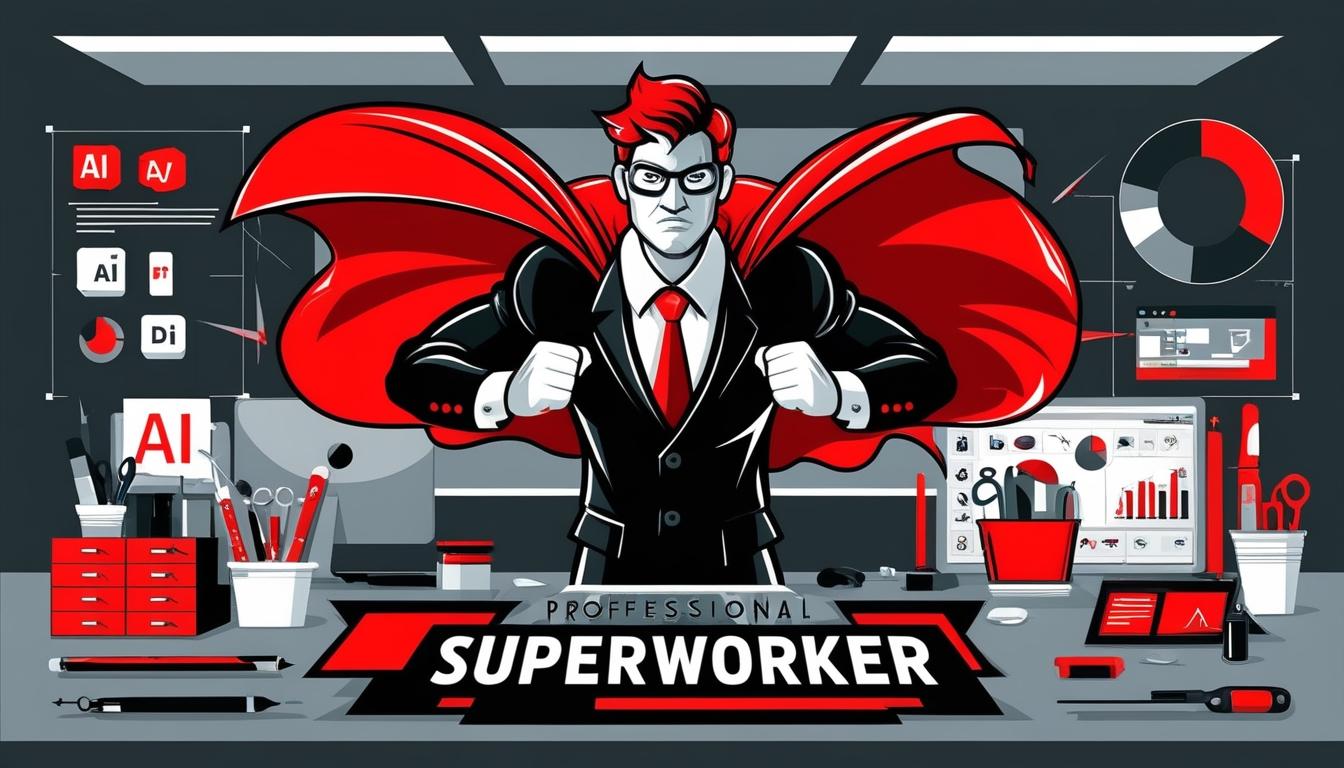Industry analyst Josh Bersin has indicated that 2025 may mark a significant shift in workforce dynamics with the emergence of the "superworker", which he cites as one of the primary challenges for human resources (HR) this year. In an evolving landscape shaped by artificial intelligence (AI), Bersin described the superworker concept as a means to fundamentally alter the operational fabric of companies. "This is going to really change the inner workings of our companies," he remarked, identifying the superworker as a key focus for HR leaders engaged in workforce planning.
Defining a superworker, Bersin's firm has highlighted this new class of employees as those empowered by AI, enhancing their productivity and output by effectively utilising AI tools within a supportive environment. It is essential to note that, according to Bersin, this movement is not about the displacement of jobs; rather, it aims to enhance employee capabilities, fostering higher-level roles, improved remuneration, and greater business value that extends beyond mere cost savings.
In a recent podcast, Bersin elaborated on the role of the superworker, noting the potential to “decompress structural barriers” within organisations. By granting access to enterprise-level AI tools, superworkers may engage in tasks outside the traditional confines of their positions, positioning them as instrumental in cultivating a skills-based workplace ethos. This distinction, he explained, separates automation-driven AI—an advancement within human capital management (HCM) and enterprise resource planning (ERP) markets from the 1970s and 1980s—from AI that enhances personal performance. He observed that the latter is emerging rapidly, stating that “coming on like a freight train,” a striking 90% of business representatives surveyed by his firm reported active AI-based projects within their organisations.
The current trend of adopting AI across various company levels has been documented by HR Executive magazine, indicating that strategic planning and roll-out efforts are increasingly common in enterprises. Companies such as Citizens, a financial institution, are in the process of restructuring their workforces to align with these fresh demands. “We can’t hire for everything,” Chief Human Resources Officer Susan LaMonica noted in 2024, stressing the necessity for intellectual curiosity to thrive amid these changes.
Additionally, consulting firm PwC has harnessed the power of social learning by developing workshops for teams to either facilitate independently or with assistance from proficient “superstar” users. Since the initiative’s inception in late 2024, these workshops have garnered significant interest, with over 800 requests logged and more than 500 already completed, as reported by PwC's Chief Learning Officer Leah Houde.
The ascent of the AI superworker highlights the beneficial aspects of this paradigm. These individuals—referred to as superworkers, superusers, or superstars—leverage AI to elevate their daily productivity, enhance their work experiences, and provide value to their organisations. The potential benefits are extensive, as each employee continuously adapts and utilises these tools to achieve their objectives.
Bersin concluded by noting that while the strategic advantages associated with superworkers are still emerging, particularly among larger employers, he anticipates that this topic will gain significant traction this year. HR leaders are encouraged to monitor developments in this domain as they unfold. For those keen on exploring this theme further, Josh Bersin will deliver a keynote titled "The AI Era Has Arrived" at HR Tech Europe 2025.
Source: Noah Wire Services
